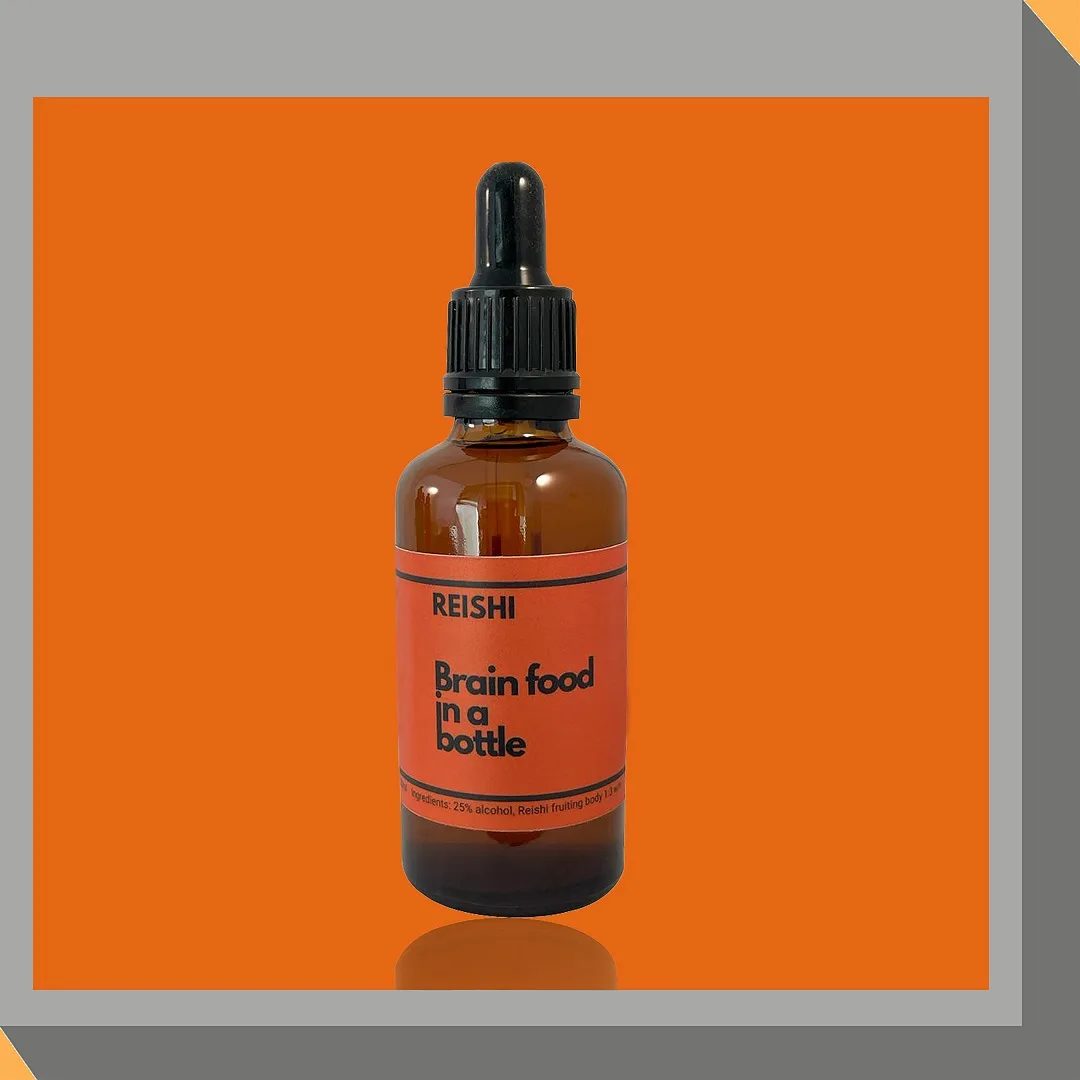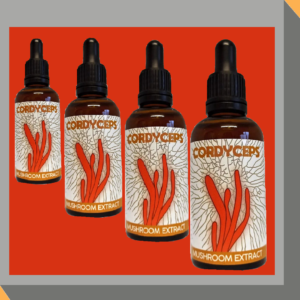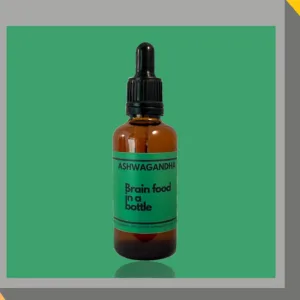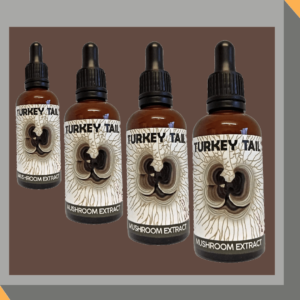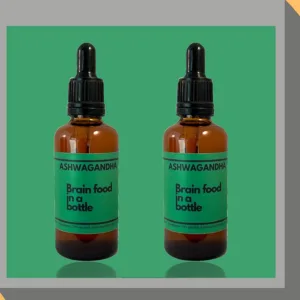Description
Did you know that Reishi goes also by the name “Lingzhi”? In Chinese ‘Ling’ stands for divine and ‘Zhi’ for plant of longevity. The Japanese name is ‘Mannetake’ which translates as ‘10,000 years mushroom’. It is the most revered herb by Asian people throughout history.
Reishi reduces stress and fatigue and helps to chill out and is therefore perfect to take before a meditation.
Reishi (Ganoderma lingzhi) is also the top rated medicinal herb in traditional Chinese medicine (TCM). There it is used to fortify the heart, the crown chakra (heaven) and as a “cure-all” to treat and prevent various diseases. Away from traditional use, scientific research verifies many actions thanks to many compounds which benefit the human body in various ways. Find some of the research further below.
The results of many hundreds of scientific and medical studies support traditional health claims.
Reishi is one of the few supplements that helps improve emotions, the spirit and the physiology of the body all at the same time. Studies show that Reishi has adaptogenic properties.
Suggested Dose: Take 0.5ml (10 drops) to 1ml (20 drops) 1-2 times a day
The product does not treat, cure or prevent any illness or disease and is certainly not a substitute for a balanced diet
- Do not exceed the suggested dose
- Take it with your favourite drink or directly under the tongue
- Only to be taken orally
- Do not use for infants or children
- Do not use for animals
- Keep out of reach of young children
- Do not use when pregnant
Suggested Benefits
Breast Cancer
An Iranian study in 2022 investigates the anti-cancer properties of Reishi and Shiitake polysaccharides.
https://pubmed.ncbi.nlm.nih.gov/35536497/
Inflammatory breast cancer (IBC)
An American study from 2022 shows that Reishi enhances the effects of chemotherapy.
https://pubmed.ncbi.nlm.nih.gov/35411244/
Skin cancer
An American study from 2022 shows that Reishi may have preventative effects against UV-induced skin tumour development.
https://www.ncbi.nlm.nih.gov/pmc/articles/PMC8936451/
Anti-depressant
An American study in 2021 isolates an anti-depressive polysaccharide-peptide and showed anti-depressive influence on the brain. https://pubmed.ncbi.nlm.nih.gov/34716786/
Gut and Microbiota
A Chinese study in 2021 demonstrates that Reishi is a promising pre-biotic for the treatment of colorectal cancer. https://www.sciencedirect.com/science/article/abs/pii/S0144861721006184?via%3Dihub
Health-Promoting
A Polish review in 2021 summarises the activity of Reishi polysaccharides and their possible health-promoting properties.
https://www.ncbi.nlm.nih.gov/pmc/articles/PMC8400705/
Sleep
A Chinese study in 2021 shows that the influence of Reishi on the gut microbiota and its effects on sleep. https://www.ncbi.nlm.nih.gov/pmc/articles/PMC8249598/
Chinese sleep study from 2011
https://www.sciencedirect.com/science/article/abs/pii/S0378874111008981?via%3Dihub
Cancer
A Polish study in 2020 demonstrates benefits in cancer treatments when used in combination with Reishi and Turkey Tail.
https://pubmed.ncbi.nlm.nih.gov/33685191/
Epilepsy
A small Chinese trial in 2018 shows that Reishi spores may be effective at reducing the seizure frequency in epilepsy patients. https://journals.lww.com/md-journal/Fulltext/2018/06080/A_retrospective_study_of_Ganoderma_Lucidum_Spore.29.aspx
Fibromyalgia
A Spanish randomised controlled trial in 2015 demonstrates that Reishi improved the physical fitness of women with fibromyalgia.
https://pubmed.ncbi.nlm.nih.gov/26545669/
Neurasthenia
A 2005 New Zealand randomised, placebo-controlled trial suggests that Reishi was significantly superior to a placebo at improving the symptoms of Neurastheina.
https://pubmed.ncbi.nlm.nih.gov/15857210/
Further information
The bioactive components in Reishi have many health properties to treat liver dysfunction, hepatitis B, nephritis, diabetic nephropathy, hypertension, hyperlipidemia, ostheoarthritis, neurasthenia, insomnia, anti-histamine, asthma, gastric ulcers, atherosclerosis, leukopenia and skin cancer.
Triterpenes
TCM uses Reishi mostly to enhance immunity and as a health supplement. It actually produces an ‘entourage effect’, quite like CBD. A group of constituents called triterpenes are responsible for this effect. They positively influence various areas of the body. Many medicinal mushrooms interact strongly with the pathway of the endocannabinoid system (ECS). Regrettably, the ECS was only discovered in connection with cannabis, hence its image needs improving. There are many other herbs from turmeric to echinacea that interact with it. Scientists really do understand how many of the 400+ polysaccharides, polypeptides, triterpenes, amino acids and some of the nitrogen groups in Reishi work, but what ECS does more than anything else is, that it creates a harmonic coherence that helps regulate our overall health.

